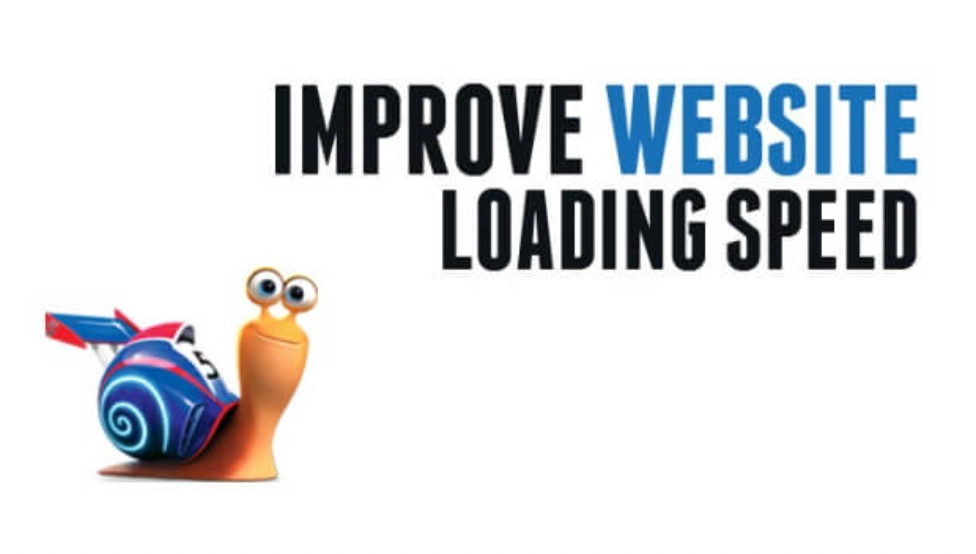Slow loading times on your ecommerce website can be incredibly frustrating for customers, and it can also harm your sales in the long run. In today's world of instant gratification, people expect websites to load quickly, and if your site takes too long, they'll likely abandon it and head to a competitor's site instead.
There are many reasons why slow load times can hurt your ecommerce sales. In this post, we'll explore some of the most significant ways slow load times can affect your online business and what you can do to fix the problem.
Slow Load Times Hurt User Experience
When it comes to ecommerce, user experience is everything. If your site is slow to load, users are likely to become frustrated and abandon their shopping carts. According to a study by Google, the probability of bounce increases by 32% as page load time goes from 1 second to 3 seconds. Additionally, a slow site can harm your brand reputation and make customers less likely to return to your site in the future. It is worthwhile opting to look into web design services that account for ecommerce experience.
Slow Load Times Affect Search Engine Optimization (SEO)
Google and other search engines prioritize websites that load quickly. If your site takes too long to load, it can hurt your search engine rankings, which can ultimately harm your sales. Slow load times can also make it harder for search engine crawlers to index your site, which can affect your visibility in search results.
Slow Load Times Increase Cart Abandonment Rates
Cart abandonment is a major problem for ecommerce businesses, and slow load times can contribute to the issue. When customers are forced to wait for a site to load, they may become impatient and abandon their shopping carts altogether. According to a survey by Akamai, nearly half of consumers expect a web page to load in 2 seconds or less, and 40% will abandon a site if it takes more than 3 seconds to load.
Slow Load Times Can Decrease Conversions
In addition to increasing cart abandonment rates, slow load times can also decrease your overall conversion rates. When customers have to wait for a site to load, they may lose interest and leave your site without making a purchase. In fact, a study by Kissmetrics found that a 1-second delay in page response can result in a 7% reduction in conversions.
Slow Load Times Affect Mobile Users
More and more people are shopping on their mobile devices, and slow load times can be particularly problematic for mobile users. According to Google, the average mobile site takes 15.3 seconds to load, and yet 53% of mobile site visitors will leave a page that takes longer than 3 seconds to load. If your site is slow to load on mobile devices, you're likely missing out on a significant portion of potential sales.
So, what can you do to fix the problem of slow load times on your ecommerce site? Here are a few tips:
- Optimize your images and other media to reduce file size.
- Use a content delivery network (CDN) to reduce latency and speed up load times.
- Use a caching plugin or service to serve cached versions of your site to users, reducing the need for full-page loading.
- Use a lightweight and efficient website theme or template.
- Minimize HTTP requests and eliminate unnecessary scripts and plugins.
In conclusion, slow load times can be incredibly harmful to your ecommerce sales. By focusing on improving your site speed, you can improve user experience, increase conversions, and boost your overall revenue.






